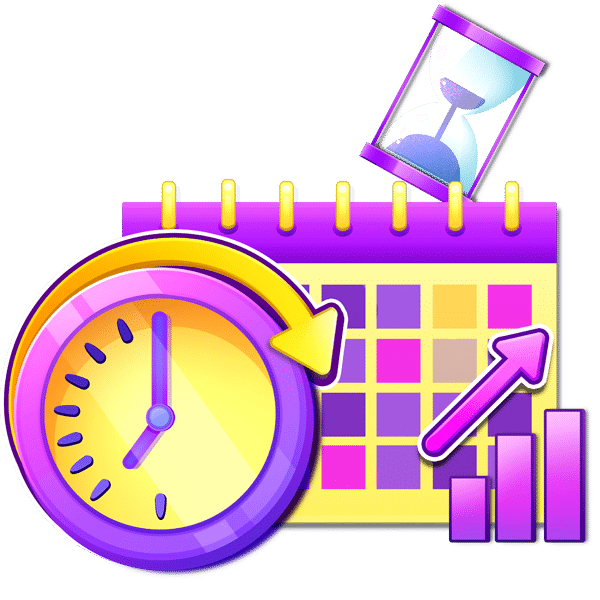If you have used a stock game in your class before, you know the drill – you choose your class’s custom rules and starting cash (usually around $100,000), your students sign in, and they use that cash to build their portfolio that they manage over the course of a semester.
This might make sense to a professional fund manager who has a certain amount of assets, but is a far cry from how personal investors build their wealth over time. PersonalFinanceLab’s newest enhancement turns this system on its head with our new Weekly Deposits – the biggest thing to happen to stock games since stocks!
How It Works
With Weekly Deposits, you would start off your class with a relatively small amount of starting cash – say $100, $1000, or even $10,000.
Then every Sunday evening, your students get extra cash deposited into their account – as the teacher, you choose exactly how much.
This completely transforms a passive “Fund Manager” stock game into a true Personal Finance exercise. Just like the real world, students regularly add money into their portfolio, which they need to continually re-invest and re-balance, rather than passively holding a few stocks they purchased on the first day of your class game.
This matches how a small investor really builds their portfolio – one transfer at a time!

Using Weekly Deposits In Class
Weekly Deposits opens up a whole new world for ways to use the PersonalFinanceLab stock game in classes. Here’s a few scenarios to consider for your next semester:

The Junior Investor
When we ask for student feedback, one of the biggest downsides of a “$100k stock game” is that it is more money than the average student can really conceptualize. For Weekly Deposits, you can create a “Micro-Investor, Regular Saver” game!
- Start students out with just $100 starting cash – putting a true limit on what they can invest
- Set a weekly deposit of $100, to mimic students saving an extra $100 out of every paycheck for the duration of your class.
- As your class stock game goes on, students will be able to afford different stocks, and need to rebalance their portfolio to adjust. Do they keep re-balancing to maintain diversification, or do they cash out all their Ford stock (around $8/share) to buy one share of Apple (around $120/share) after the first week?
The Career Saver
This scenario gives a bit more flexibility for students to build a diversified portfolio right off the bat.
- Start students with $10,000 in starting cash, with our normal 25% position limit rules (students need at least 4 different stocks to use all their starting cash)
- Deposit an additional $1000 cash each week. In the scenario for your students, this will be a “sped-up” monthly savings that they need to re-invest.
- In this scenario, students need to continually re-balance their portfolio to stay diversified as their cash goes up. Do they keep investing in the same stocks they started with, or build up a wide portfolio of many holdings?


Budget Game Combo
The new Weekly Deposits also adds a great dimension for classes also using our Budget Game. By leveraging our Assignments, you can automatically credit students’ Stock Game accounts after they complete specific actions in the Budget Game, like completing a certain number of months or completing specific lessons in the Learning Center.
What This Means For Rankings And Portfolios
In our back-end, we adjust the Weekly Deposits by incrementing up the student’s starting cash balance. For the rankings, it means that the “percentage returns” are not distorted by the weekly deposits. However, classes that might be using more advanced rankings, such as Sharpe Ratio and Alpha/Beta, will see some distortion.
How To Get A Weekly Deposit Stock Game For Your Class
If your school already has a PersonalFinanceLab site license, “Weekly Deposits” are a new rule you’ll see right after choosing your Starting Cash Balance for your next stock game.
If your school does not yet have a PersonalFinanceLab site license, use the form below to get a quote!
[contact-form-7 id=”17909″ title=”Pfinlab Order Form”]
